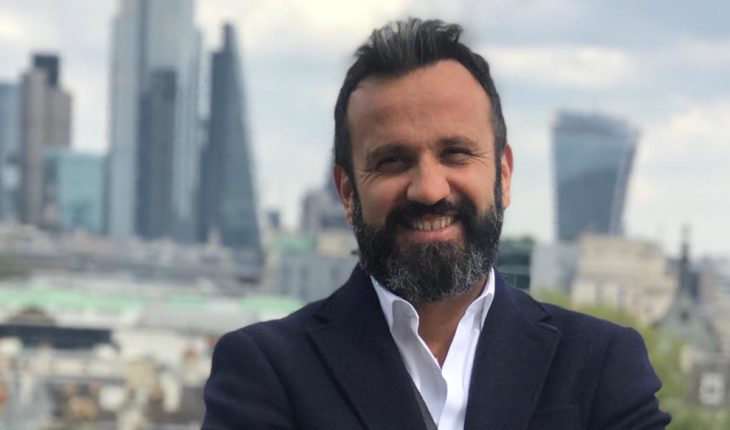The British American Tobacco (BAT) is a tobacco-owning and subsidiaries such as Dunhill, Lucky Strike and Pall Mall, and has been operating in Chile for more than 100 years. But BAT has not only explored the cigarette business, but also the production and sale of vaporizers or vaping products.
“Tobacco is a very concentrated industry in probably four big players in the world. In the vaping case, it is absolutely the opposite side, it is extremely fragmented. Here the big companies are participating but none have a majority share, practically in any market, with some exceptions, “said Carlos.
Vaporizers have been in the eye of the Hurricane several times by studies that have alerted them to the risks of using the product. However, BAT’s regional leader ensures that there is a growing consensus on VAPEO’s risk reduction.
“On the one hand we have very hard data, as published by the FDA and Public Health England, that these products are up to 95% less risky. But every so often there is something out there that tries to say that vaping products, for example, affects the immune system. Or a study that says it affects such or such a thing. ”
“In many of these cases we usually analyze them and one realizes that there is methodological flow, but in general if one analyses all the available evidence, everything goes towards a great direction that is to recognize the reduction of the risk potential of these products” , estimated Lopez.
The reduction of risks also goes in line with an evolution of the consumption of products and a use of the technological changes on the part of the companies. Lopez compares the first vapers, which tried to emulate as much as possible the cigarettes, with the current ones, whose users try to get away from that ancient experience. “That’s why we need so much space for innovation so we can give the target what consumers want and take advantage of the technological changes we are seeing.”
-Now they are opened again a great opportunity, not only to go out with new products, but to communicate and have a different story. In the end they have an opportunity to completely change what was their history and generate a new one. How does it look from the company?
-The effort we made to develop less risky products was gigantic. The problem was, one, that we are focused on tobacco, and two, it took many years to realize that reducing the risk of a product like fuel was very difficult, almost impossible. The company’s willingness to actually generate a less risky product has been much more than the last five years. The big difference that in the last five years we have managed to find a product that is actually less risky, that that is the first condition. And the second condition is that it is actually accepted by consumers.
For the first time you can say that here instead of being defensive, you can now finally play the offensive. And put your subjects, put the subject on the table, discuss it, then happens with this product, which is not easy, because I work in regulation as I have the backpack of years of the topic of tobacco. But today people open up to argue, they open up to argue with me.
-Is there not a self-criticism from the same company in relation to not having found this product before? I am referring to a self-criticism not only of the health issue, but the reason why there was perhaps a different story or having waited so long.
-I entered the company at a time when the change began to be generated. I remember that I entered just when there were these debates. And again, I think it’s part of the transformation, I believe when like any reaction from anyone, when you see something that threatens you you have defensive reactions.
Nowadays we say, look, tobacco is addictive, it does the same thing as technically. What the common people understand by addiction is: it is difficult to leave, and that clear, I since I am at least in the company, we already have a much clearer and more direct approach, rather than trying to be a little defensive.
Regulation
The damage that the cigar produces to the individual and its environment is undeniable. Even the tobacco companies have accepted it, as Lopez says. The trade in cigarettes in Chile contains a series of regulations aimed at reducing their consumption. Increase in taxes, prohibition of publicity and limitation of public spaces where smoking is allowed are some of the measures that have been taken with the industry.
“Many countries do not know how to deal with this, how to cope with the dichotomy or tension between how I help the most consumers but at the same time I don’t want other people to start consuming nicotine products,” he said. “It’s hard to accept that someone wants to be addicted, but nicotine is not the big deal. Tar is the big problem. But that debate is natural to have and there are different ways to confront it. ”
“Our focus is on the right regulation and you have to see what the impact is. In theory, when you have regulation there will be a reduction in fragmentation. I think it’s never going to reduce the level of the tobacco industry, ever. The tobacco industry is particularly complex, because for example the fact that they have a very high level of taxation, finally that makes very few companies that have an efficient model of distribution of cigarettes, “ends the regional leader of BAT.
translated from Spanish: Carlos Lopez, of BAT: “Nicotine is not the big problem, tar is”
May 8, 2019 |





